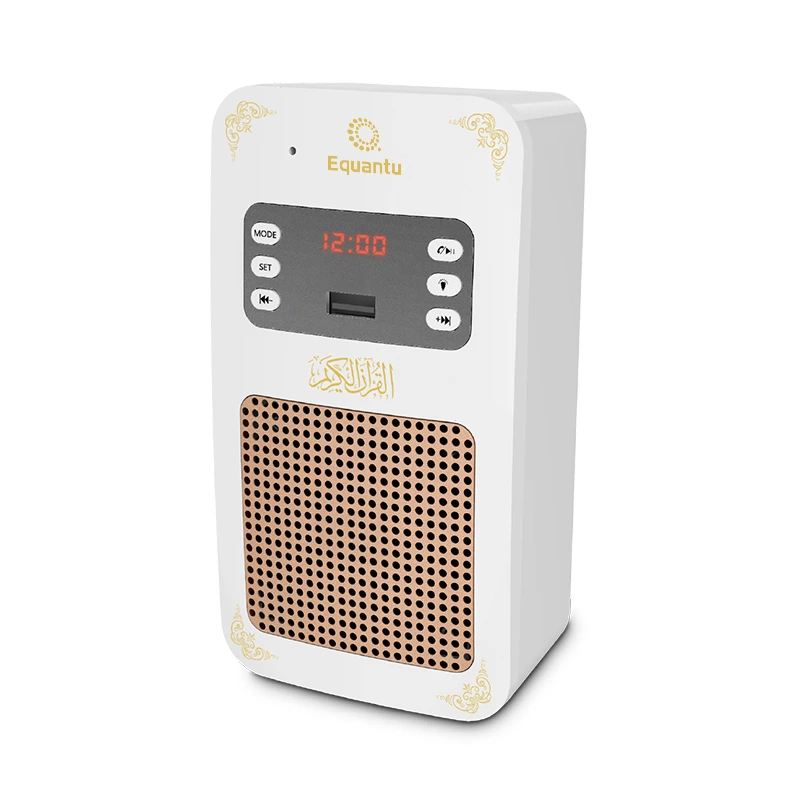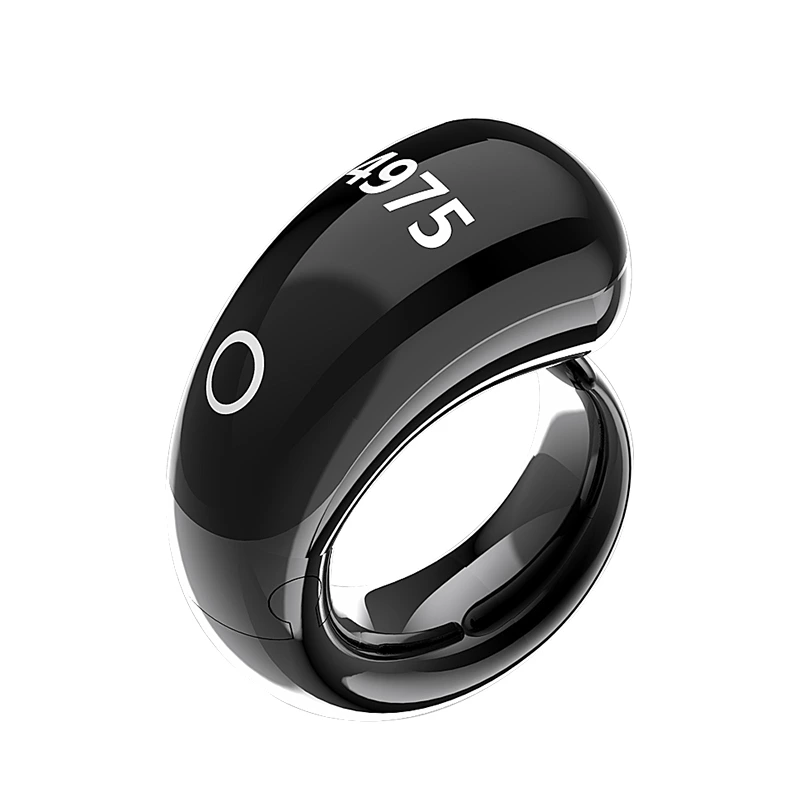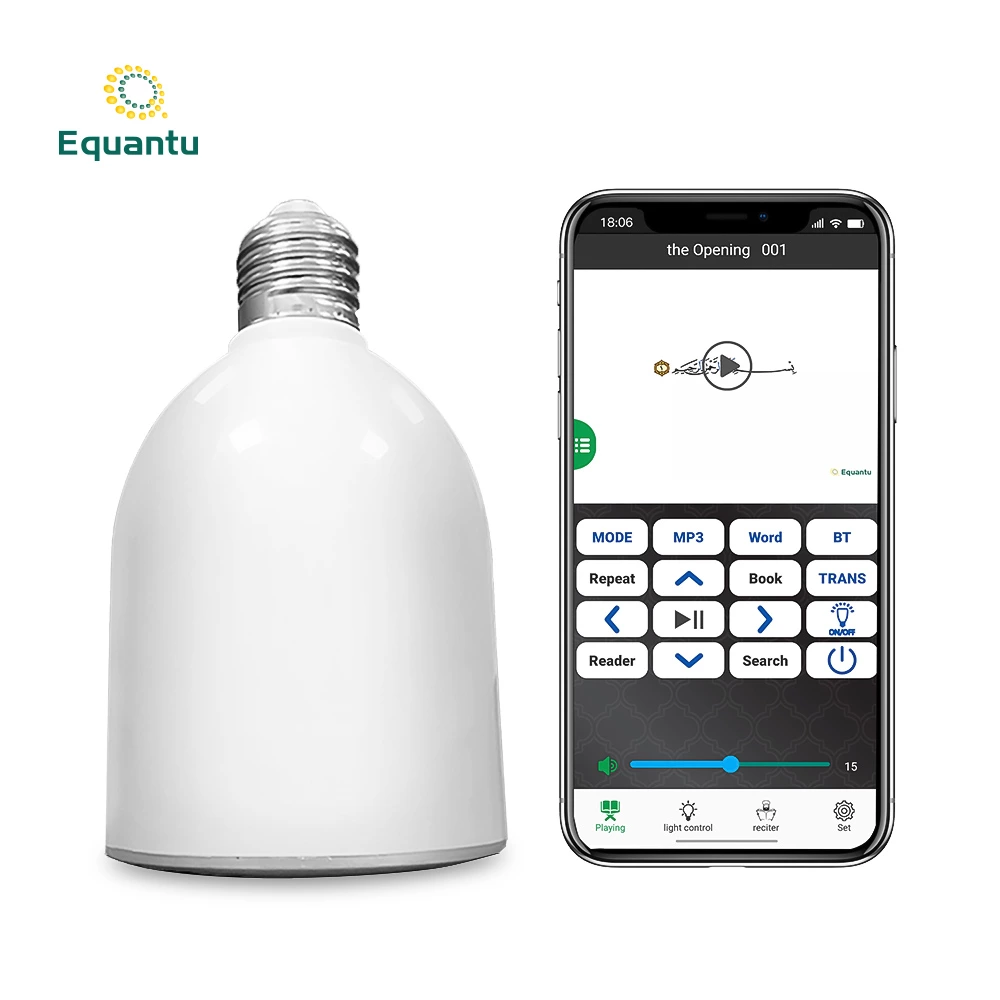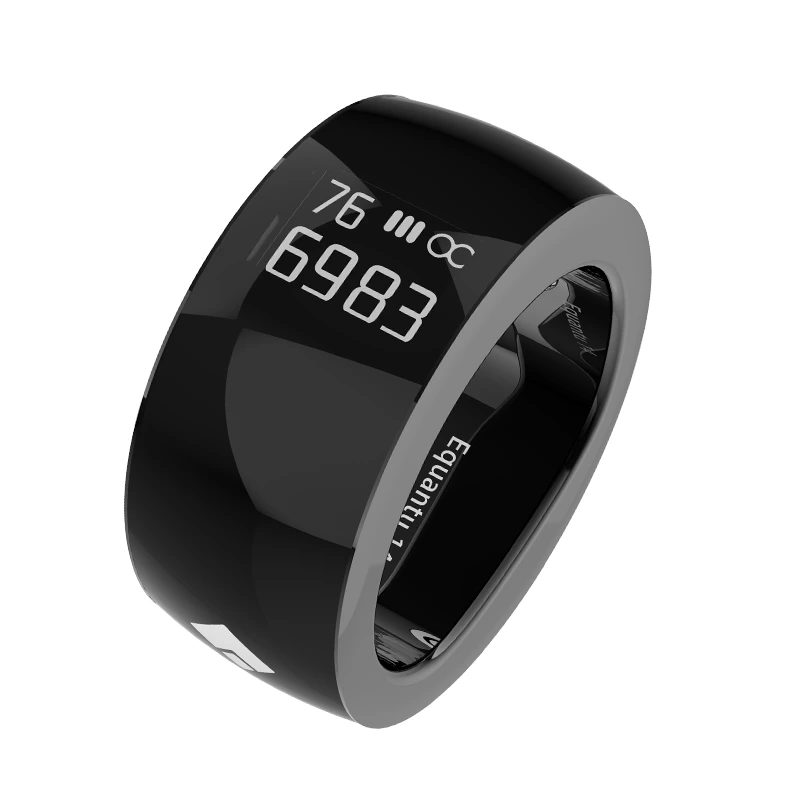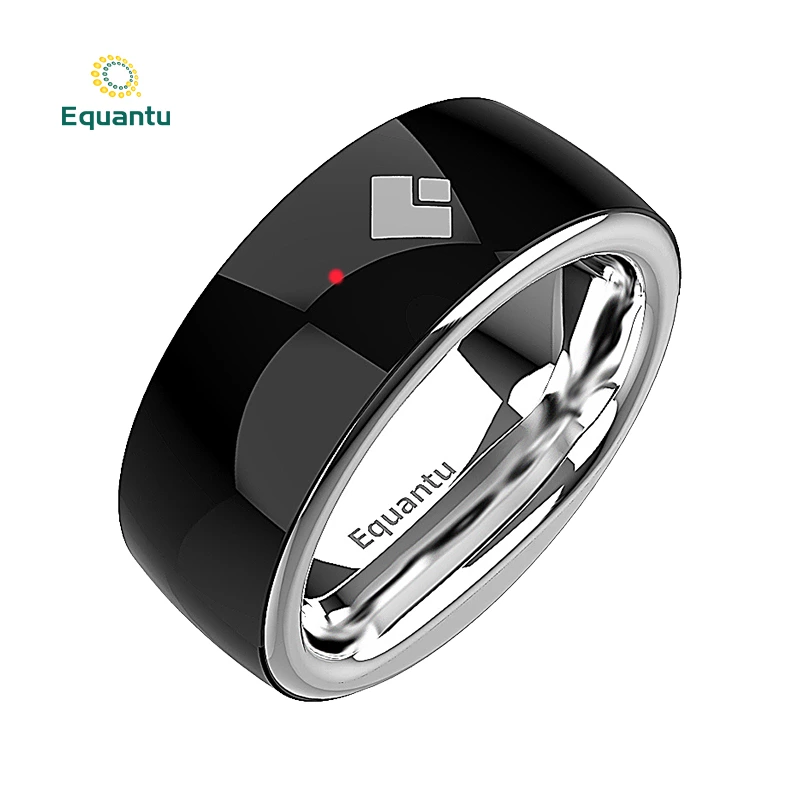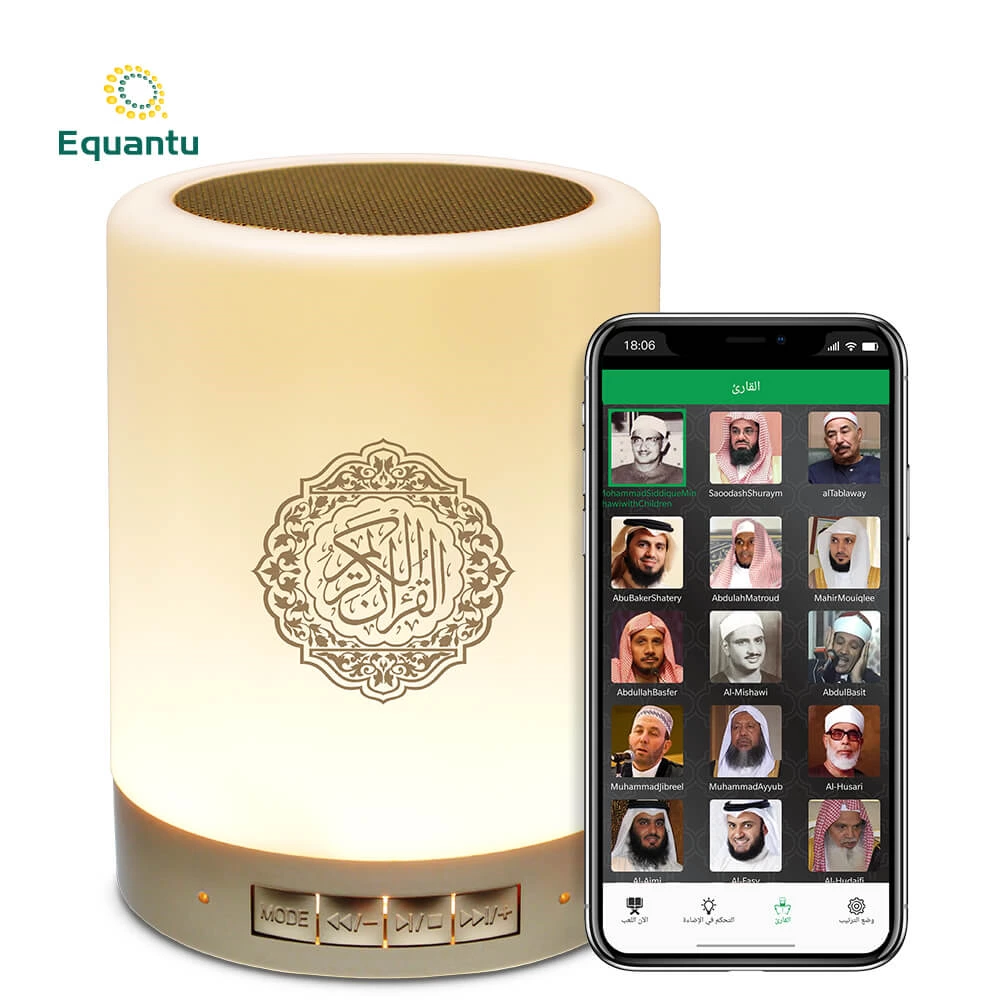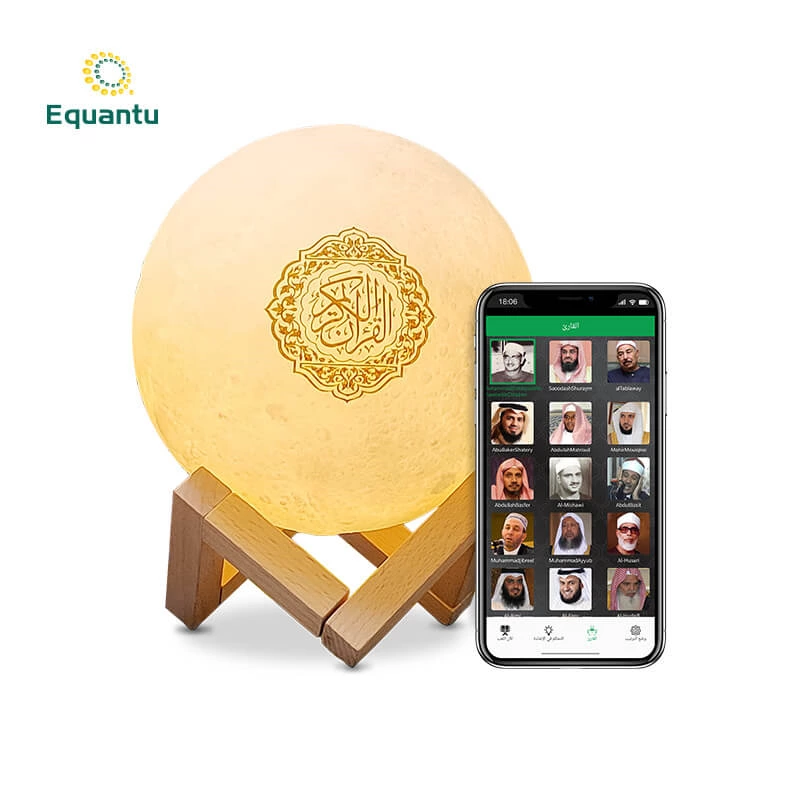Integrity and Honesty
The Prophet Muhammad (PBUH) was renowned for his unwavering integrity and honesty. Even before his prophethood, he was known as "Al-Amin" (the trustworthy) for his honest dealings:
"The Prophet was the most truthful of people and the most trustworthy." (Sahih Bukhari)
Application in Business:
- Honest Marketing: Ensure that all advertising and promotional materials are truthful and do not deceive customers.
- Transparent Operations: Maintain transparency in business operations, building trust with clients and partners.
Fair Trade and Just Pricing
The Prophet (PBUH) advocated for fair trade practices and just pricing, discouraging exploitation and ensuring that transactions are equitable:
"Trade is very good, but whoever deceives others in the market is not one of us." (Sahih Bukhari)
Application in Business:
- Fair Pricing: Set prices that reflect the true value of products and services without overcharging.
- Avoiding Exploitation: Refrain from taking unfair advantage of customers or suppliers, fostering mutually beneficial relationships.
Ethical Negotiations and Dealings
The Prophet (PBUH) emphasized the importance of ethical negotiations and dealings, promoting honesty and fairness in all transactions:
"Make things easy for people and do not make things difficult for them, and make them calm and do not drive them away." (Sahih Bukhari)
Application in Business:
- Ethical Negotiations: Engage in negotiations that are respectful and fair, ensuring that all parties feel valued.
- Building Relationships: Focus on building long-term relationships rather than short-term gains, emphasizing mutual respect and trust.
Compassion and Empathy
Compassion and empathy were hallmarks of the Prophet's (PBUH) character, extending to his business interactions:
"The merciful are shown mercy by the Merciful. Be merciful on the earth, and you will be shown mercy from above." (Sunan At-Tirmidhi)
Application in Business:
- Employee Welfare: Show genuine care for the well-being of employees, providing support and understanding in times of need.
- Customer Service: Treat customers with kindness and empathy, addressing their concerns with patience and understanding.
Generosity and Charity
The Prophet (PBUH) encouraged generosity and charity, integrating social responsibility into business practices:
"The best of people are those that bring most benefit to the rest of mankind." (Daraqutni)
Application in Business:
- Corporate Social Responsibility: Implement initiatives that give back to the community, such as charitable donations or community service projects.
- Supporting Causes: Allocate a portion of profits to support social causes and help those in need, reflecting the spirit of generosity.
Integration with Modern Islamic Products
Islamic products like Quran speakers and Zikr rings can embody the Prophet Muhammad's (PBUH) ethical business values:
- Quran Speakers: Installing Quran speakers in business premises can create a spiritually uplifting environment, reminding employees and clients of the importance of honesty and integrity.
- Zikr Rings: Providing Zikr rings to employees can encourage mindfulness and reflection, fostering a compassionate and empathetic workplace culture.
Conclusion
The Prophet Muhammad's (PBUH) example in business provides a timeless blueprint for ethical and successful commerce. By embracing his teachings on integrity, fairness, compassion, and generosity, modern businesses can achieve sustainable success while upholding Islamic values. Integrating Islamic products like Quran speakers and Zikr rings into the business environment further reinforces these ethical principles, creating a harmonious and morally grounded workplace.

